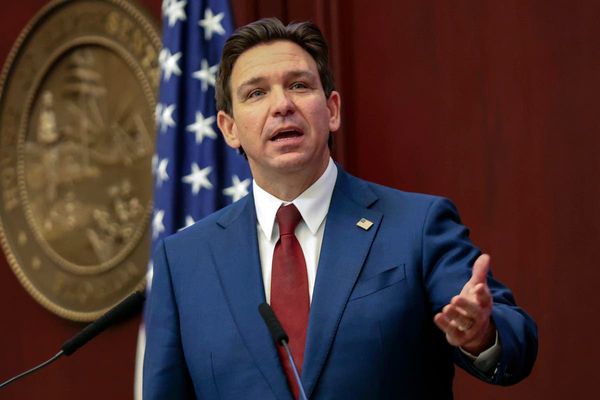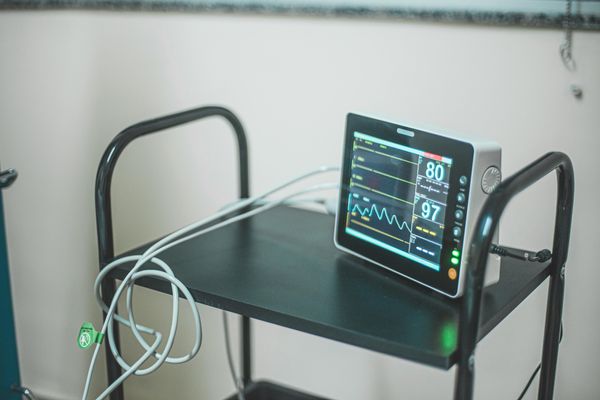
Foreign spies are “aggressively seeking secrets across all parts of Australian society”, including trying to recruit “disloyal” government insiders to access classified information, Asio has warned.
The intelligence agency said “hostile foreign powers and their proxies” were seeking to test the Australian government’s security clearance system.
In a submission to a parliamentary inquiry, Asio argued in favour of legal changes to enable the agency to become centrally responsible for issuing the highest level of security clearances in Australia.
Asio used the submission to give an updated assessment of the threat environment, saying foreign spies were “targeting our security clearance holders, those with access to Australia’s most privileged information, capabilities and secrets”.
It said these attempts posed a threat to Australian government personnel across parliament, commonwealth employees, the Australian public service, Defence and even the judiciary.
Asio said hostile foreign powers and their proxies “will continually seek to test the clearance system, seeking to put in place disloyal persons with access to classified and privileged information”.
It said the security clearance system needed to be “hardened” otherwise the secrets of Australia and its closest allies could be put at risk.
“Whether it is information from Australia’s intelligence community or our Five Eyes partners, about Australia’s groundbreaking nuclear-powered submarines program with US and UK partners, or other advanced defence and intelligence capabilities, Australia’s sovereignty demands that Australia’s most sensitive information, capabilities and secrets be protected.”

The submission reiterated what the Asio boss, Mike Burgess, said in his annual threat assessment speech: that Aukus has spurred “a distinct uptick in the online targeting of people working in Australia’s defence industry”.
A bill introduced to parliament last month would make Asio centrally responsible for issuing – and then checking whether employees continue to be suitable for – the highest level security clearances.
The existing Positive Vetting (PV) security clearance will be replaced by a new one, Top Secret-Privileged Access (TS-PA).
Asio said these security clearances would be governed by a new, classified standard with “stronger minimum mandatory security clearance requirements reflecting contemporary psychological and insider threat research”.
The parliamentary joint committee on intelligence and security is reviewing the proposed changes.
The reforms are driven, in part, by the need to have a “transferable highest-cleared workforce” resistant to espionage and foreign interference, according to Asio’s submission to the committee.
At the moment, five separate vetting agencies are authorised to grant PV security clearances, resulting in “barriers” and “delays” when high-cleared officials want to transfer to a different government agency.
The new legislation includes some rights for applicants to seek a review of adverse decisions, although Asio said there were some limitations on these rights because of the “likelihood” that hostile foreign powers would “use any review rights for the purpose of intelligence collection”.
The submission said spies and their proxies may try to discover the “extent and content of Asio intelligence holdings, which may allow a foreign adversary to at least partially reverse engineer the nature and extent of the TS-PA security clearance process”.
They might also attempt to find out about any “ongoing intelligence coverage of associates of the applicant, disclosure of which could prejudice security”.
Asio said hostile foreign powers and their proxies “would be able to use this understanding to ‘game the system’ – that is, to send applicants to apply for, and gain, TS-PA security clearances to then infiltrate Australian government agencies providing access to the highest levels of Australian, and allied, information, capabilities and secrets”.
The changes come at a time when the US has been embarrassed by the leak of classified defence documents that laid bare military secrets and upset Washington’s relations with key allies. Last week a 21-year-old air national guardsman in Massachusetts was arrested in connection with those allegations.
In a separate case an Australian businessman was arrested and charged in Sydney on Friday. The 55-year-old is accused of accepting money from two suspected Chinese spies in exchange for reports on Australian defence, economic and national security arrangements while he worked in China.







